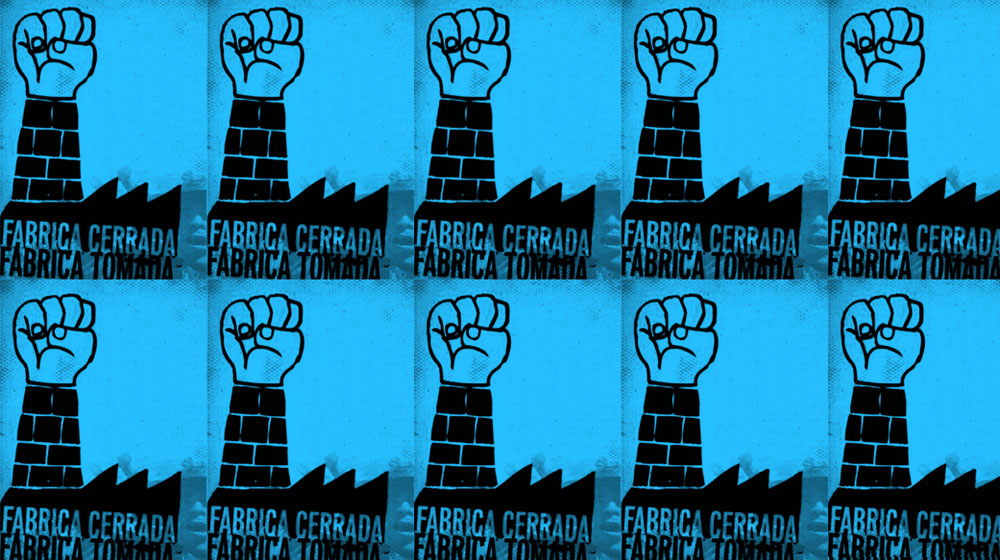
In December of 2001 the economy of Argentina collapsed and a general reaction against the banks and the government that supported them began. There was the rejection of the political sectors, against financial power and against judicial power. Out of this came the building of new social relations partly through the take-over of factories, restaurants, and hotels and use of these for the
needs of people.
The book Horizontalism: Voices of Popular Power in Argentina interviews people about their experiences:
Neka from the MTD Solano reflects: “For example, with me, it wasn’t that I was at all machista before, but it was assumed that the woman in a relationship would wash the dishes, or cook and serve, and clean the clothes. But now there are changes in this, and we’re more conscious of these sorts of dynamics. I believe we’re taking steps forward. Before, if a couple was in the movement, it was the woman who stayed home with the children while the man went out into the streets. There has been a change in this—now there are both compañeros and compañeras who look after all the children. I believe this is a real transformation. We talk a lot about all of this and feel we are collectively taking charge of our history, doing so in solidarity with one another. Another thing that is discussed a lot is that we see the children as all of ours, and not so much belonging to anyone; they’re all of our responsibilities. Before we came to these sorts of conclusions, if a baby was fussing in meetings, someone would say, “Take care of your child.” But now, whoever is closest and most able helps the child.”